On Jan. 19, 2023, the University of Arkansas’ Clinton School of Public Service will graduate its first cohort in the Racial Healing Certification Program, established in partnership with the W.K. Kellogg Foundation (WKKF). The program, led by Dr. Charlotte L. Williams, offers training and academic credentials for leaders in philanthropy who want to bring racial healing practices into their organizations.
“When it comes to truly operationalizing (racial equity), there’s a personal component to it,” observes cohort member Marcus Walton, President and CEO of Grantmakers for Effective Philanthropy, “Not only does it require individual will, it requires a learning of new competencies for leaders.”
You’re Invited!
Virtual Convocation.
Jan. 19, 2023, 11:00 a.m.
a National Day of Racial Healing event
Featuring an address by Dr. Alandra Washington, WKKF’s vice president of transformation and organizational effectiveness.
“When it comes to truly operationalizing (racial equity), there’s a personal component to it. Not only does it require individual will, it requires a learning of new competencies for leaders.”
Marcus Walton, President and CEO of Grantmakers for Effective Philanthropy Tweet
La June Montgomery Tabron, WKKF’s president and CEO says, “This certification program is an effort to professionalize some of the most needed capacities and skills for our nation right now.”
The program offers not only a credential, but a firm grounding in racial healing – the people work that helps coworkers, organizational partners and fellow community members develop trusting relationships and collective ownership for racial equity efforts. This is something Dr. Williams says those tasked with embedding DEI principles at the organizational level have wanted for some time. “When they move forward with their employees, coworkers and peers,” Dr. Williams says of the leaders seeking this kind of training, “they want to have a level of credibility.”
Designed around three phases, cohort members start by acquiring tools and developing skills to engage in the personal and interpersonal work of racial healing. This is followed by experiential learning at the community level through a southern tour that includes a visit to the Equal Justice Initiative in Montgomery, AL and sites related to the Civil Rights Movement. As a capstone, each cohort member applies their learning by designing and piloting a racial healing program tailored to their organization.
Visions & Journeys
Midway through the program, I sat down with four cohort members who shared deep insights about the need for racial healing within the philanthropic sector. They talked candidly about their personal journeys and racial dynamics within organizations, while laying out a vision for philanthropy’s role in a multi-racial democracy.
As the Monitor Institute by Deloitte reported, more and more funders are committing resources in this arena, making racial justice What’s Next for Philanthropy in the 2020s. The reflections of these leaders provide opportunities for introspection and discussion, as organizations across the sector think about how to support racial equity and racial justice at all levels, how to effectively partner with communities, and how racial equity can increasingly become both a matter of what we fund and how we operate.
Hear from the program’s directors and faculty.
LISTEN NOW: Marcus Walton, President and CEO of Grantmakers for Effective Philanthropy lays out a powerful vision for philanthropy.
LISTEN NOW: Zohra Zohri, former Vice President of Networks for Candid describes her racial identity journey as an Afghani-American woman.
LISTEN NOW: Satonya Fair, President and CEO of PEAK Grantmaking explores the need to create cultures of belonging in philanthropic organizations.
LISTEN NOW: Aaron Dorfman, executive director of the National Committee for Responsive Philanthropy reflects on his role as a White male leader in the sector.

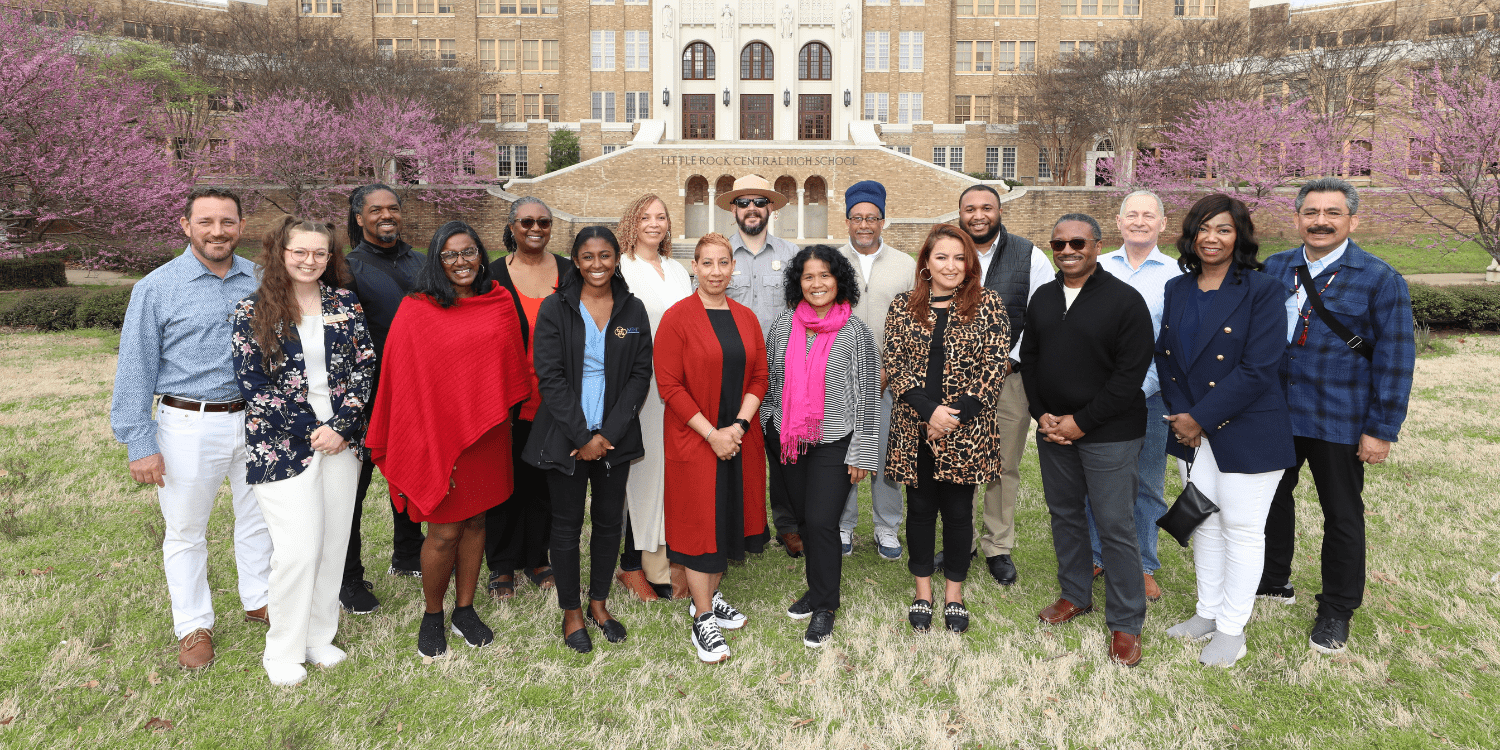

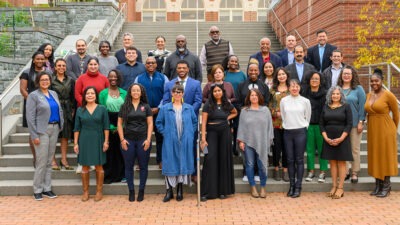
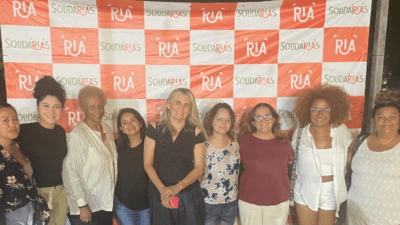
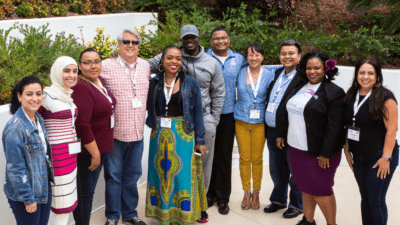
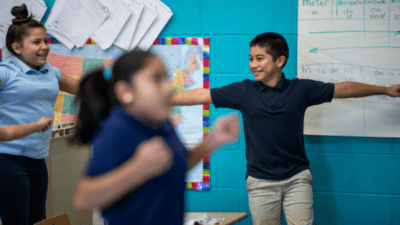

Comments